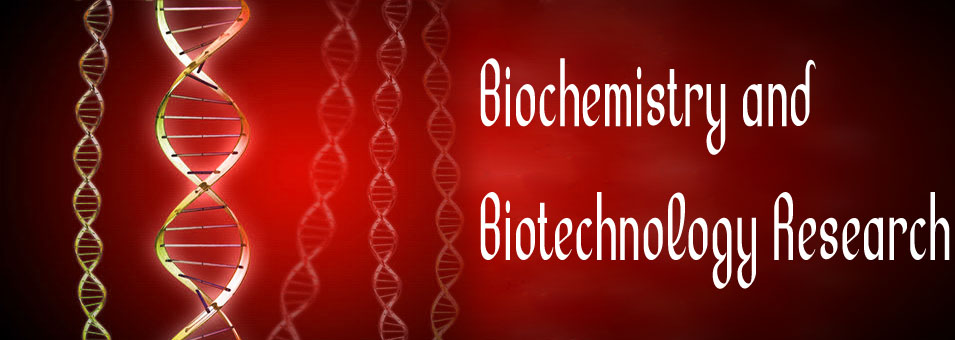Genetic engineering in animal production: Applications and prospects
Mebratu Asaye, Habtamu Biyazen and Mekonnen GirmaBiotechnology and Biochemistry Research
Published: April 9 2014
Volume 2, Issue 2
Pages 12-22
Abstract
Genetic engineering is the manipulation of genetic material, that is, DNA and/or RNA with the objective of bringing about any desired change or innovation, either in vitro or in vivo, as carried out during the study or modification for any purpose, of genes or genetic systems. Genetic engineering therefore includes, for example, those in vitro techniques involved in the study of genes and their regulation; various techniques used in gene therapy; and the creation of novel strains of existing microorganisms for medical or industrial use. It also includes a group of techniques used for modification of organisms. The techniques permit individual or group of genes to be isolated from large masses of DNA and produced in virtually unlimited quantities. This is through recombining DNA fragments from one organism and transferring them to another for expression. The hybrid molecule formed when a fragment of DNA from one organism is spliced to another DNA fragment is called recombinant DNA. Genetic engineering in animal production has a growing number of practical benefits, such as in the production of transgenic animals resist to disease, increasing productivity of animals, in the treatment of genetic disorders and in the production of vaccines. This technology will provide various applications in biomedicine that are rather unthinkable without it. Apart from economic constraints, there are concerns of well-being and ethics as introduction of genes from one organism to another may create alteration of the natural genetic balance and lead into undesirable consequences. Notwithstanding the existing limitations, the application of this cutting edge technology to increase livestock productivity could be rewarding in the Ethiopian context. The technology should also be refined in a way to minimize well-being and ethical concerns.
Keywords: Animal production, genetic engineering, gene therapy, vaccines.
Full Text PDF
